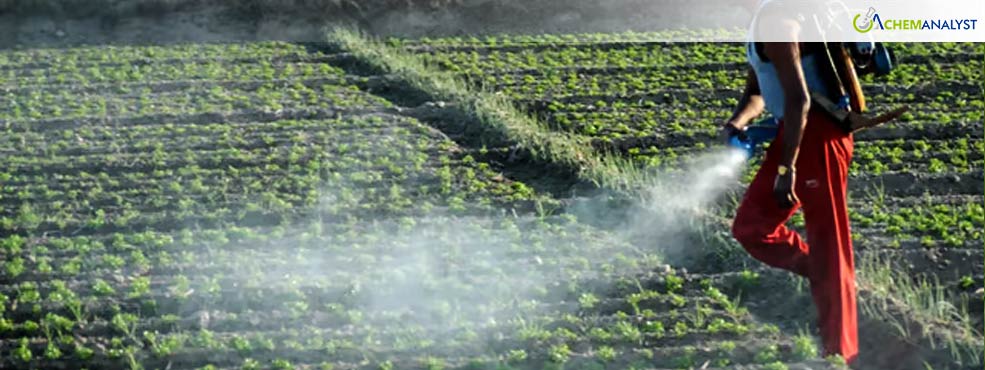Welcome To ChemAnalyst

India's agricultural sector, a cornerstone of its economy, is grappling with a severe fertiliser shortage, primarily of Diammonium Phosphate (DAP). This crisis, exacerbated by global supply chain disruptions and geopolitical tensions, is casting a long shadow over the nation's food security.
DAP, a crucial fertiliser for early plant growth, is widely used for winter crops like wheat, pulses, and mustard. India's overreliance on imports, particularly from China, has left it vulnerable to supply shocks. In June 2024, China introduced fresh restrictions on its fertilizer exports – particularly on urea and phosphate-based fertilizers.
These restrictions on fertiliser exports, coupled with global supply chain disruptions, have intensified the crisis.
Farmers in key agricultural states like Punjab, Haryana, and Uttar Pradesh are facing acute shortages. This could lead to reduced crop yields, impacting both domestic consumption and exports. Experts warn that the situation could escalate further if immediate measures are not taken.
The High Cost of Fertilisers
The shortage has also driven up fertiliser prices. DAP prices have risen significantly, adding to the financial burden on farmers. This, combined with reduced fertiliser subsidies, is squeezing farmers' margins and making it difficult for them to sustain their livelihoods.
December 2024 DAP prices in India have increased by 21% since June 2024, a yearly high; and 7% since December 2023.
India's Quest for Self-Sufficiency
To mitigate the risks associated with import dependency, India is striving to boost domestic fertiliser production. The government has taken steps to encourage domestic manufacturing and reduce reliance on imports. However, challenges such as high input costs and complex regulatory hurdles continue to hinder progress.
A Call for Policy Reforms
Experts and industry stakeholders are urging the government to undertake a comprehensive review of its fertiliser policy. They suggest that the government invest in domestic fertiliser manufacturing facilities to reduce dependency on imports from specific countries. Currently, India imports maximum of DAP from Saudi Arabia and China.
The industry stakeholders feel it is imperative to promote a balanced fertiliser use by encouraging farmers to adopt sustainable farming practices. Additionally, strengthening the distribution system to ensure timely and equitable access to fertilisers for all farmers is crucial. The government needs to maintain a robust subsidy regime to support both farmers and the fertiliser industry.
The fertiliser crisis underscores the need for a long-term strategy to ensure India's food security. By addressing the underlying issues and implementing timely measures, the government can mitigate the impact of future supply shocks and safeguard the interests of farmers and consumers alike.
We use cookies to deliver the best possible experience on our website. To learn more, visit our Privacy Policy. By continuing to use this site or by closing this box, you consent to our use of cookies. More info.
